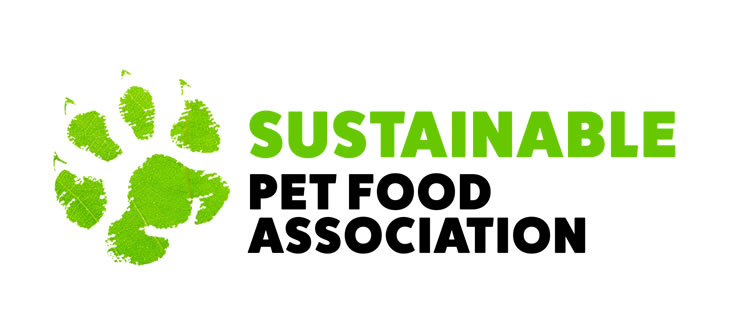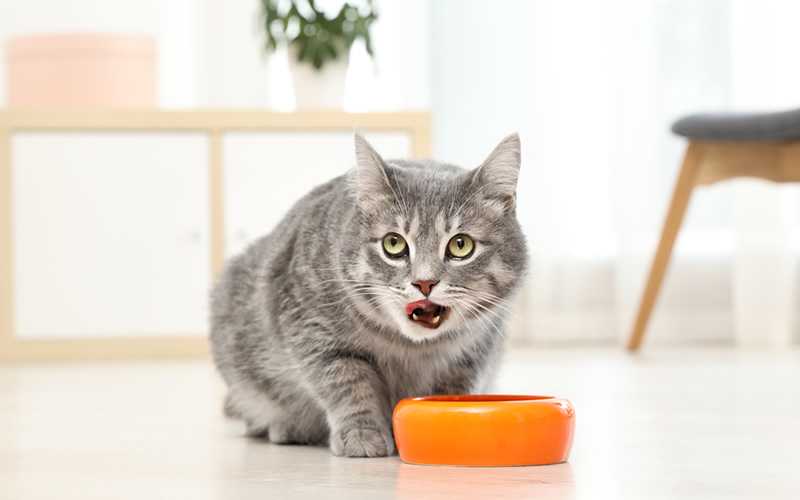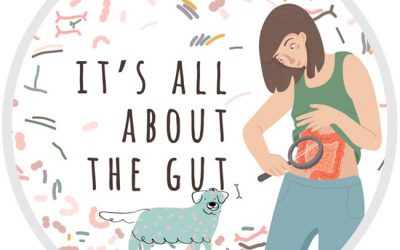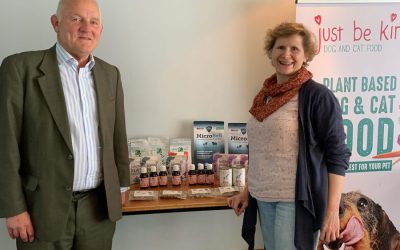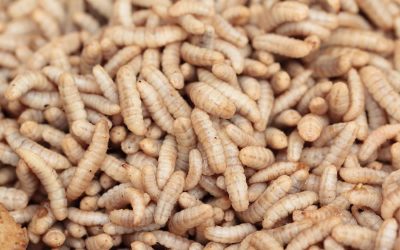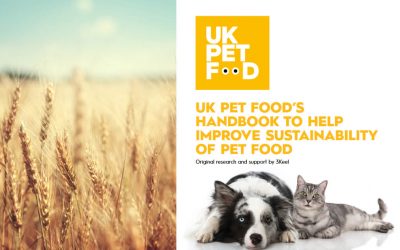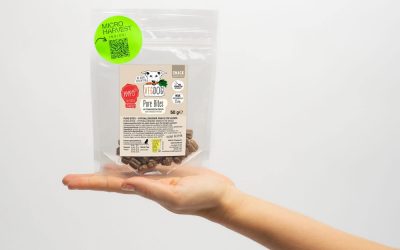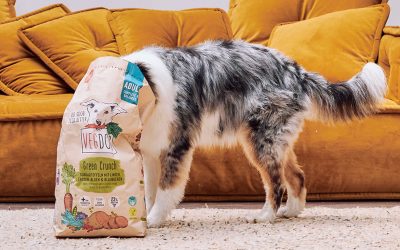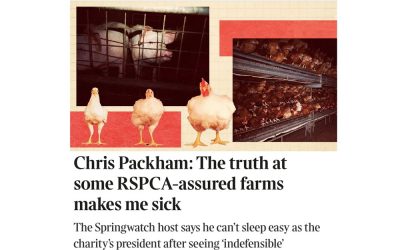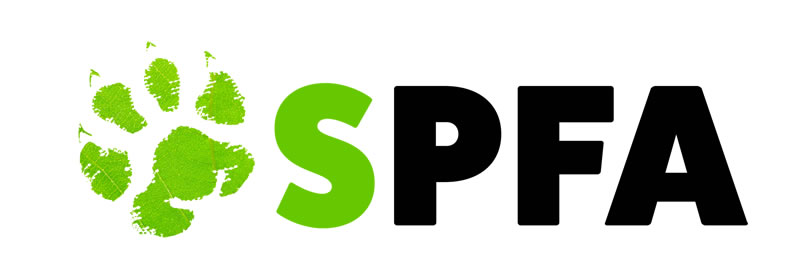We had published studies last year from Prof Andrew Knight showing that dogs on a plant-based diet could not only be healthier than those on a plant-based diet, but live longer that were peer reviewed in 2023 and found to be accurate.
After more intensive research, Prof Knight from the University of Winchester has yet again been able to show that owners of cats fed vegan diets reported fewer visits to the vet, less medication use and said that their vet would be more likely to describe their cat as healthy.
(SEE THE OVERVIEW OF ATTENTION THAT THIS LATEST PUBLISHED STUDY HAS GENERATED)
The study surveyed a total of 1,369 cat owners. 91% fed their cats a meat diet, while 9% fed a plant-based diet over at least a year. After examining seven general indicators of illness and factors, such as age, sex, neutering status, and location, the authors found that cats fed a plant-based diet experience the following risk reductions:
- A 7% reduction in increased veterinary visits (consistent with illness)
- 15% less medication use
- A 55% reduction in progression onto a therapeutic diet
- A 4% reduction in cats reportedly being assessed as unwell by veterinarians
- An 8% reduction in veterinary assessments of more severe illness
- A 23% reduction in guardian opinions of more severe illness
- The number of health disorders per unwell cat decreased by 16%
The researchers also analysed reported veterinary assessments to determine the occurrence of 22 specific health disorders. They discovered that 42% of cats fed meat and 37% of those fed plant-based diets experienced a minimum of one condition. Of the 22 disorders, 15 were found to be more prevalent in meat-eating cats, while in plant-based fed cats, only seven were.
“Biologically, what cats need is not meat, but a specific set of nutrients, said Prof Andrew Knight. “There’s no scientific reason why you can’t supply all the necessary nutrients through plant additives.”
“Modern vegan diets produced by pet food companies use plant, mineral and synthetic sources to supply all needed nutrients. They also lack hazards such as animal-sourced allergens that occur within meat-based pet food. We therefore expect to see health outcomes as good or better, when cats are fed nutritionally-sound vegan diets, and that’s exactly what this very large-scale study shows. Our results are consistent with other studies in this field.”
Pet food production has a significant environmental impact and a growing number of cat and dog owners are interested in alternative diets.
Nutritionally complete food
Cats had better outcomes when fed vegan diets for every health indicator, representing a strong and consistent trend.
Prof Andrew Knight notes, “It indicates that pet food manufacturers are now designing and creating vegan pet foods to include all necessary nutrients but with fewer of the dietary hazards that are prevalent within meat-based pet foods. Cats consuming vegan diets have better health outcomes, as a result.”
Cats need a high-protein diet that includes certain nutrients, like taurine, preformed Vitamin A and arachidonic acid. These nutrients can be synthetically manufactured or sourced from specific plants and fungi and added into vegan food as supplements.
Most meat-based cat food have to be supplemented because the nutrients can be destroyed during processing. Cats in the 90’s were seen to suffer from more cases of dilated cardiomyopathy until this supplemented taurine was added to all cat foods and we rarely see cases of DCM in cats since 2000.
The recent study corresponded with other results from 2021, where among a pool of 1,000+ cats, vegan-diet-fed cats better reported health, had more ideal body condition scores, and were less likely to suffer from gastrointestinal and liver disorders than cats fed meat. This pool showed no diseases were more likely to be found in the vegan-fed cats.
The British Veterinary Association had previously warned against placing cats on alternative diets as they are obligate carnivores, but said that it was reviewing its advice.
“There is increasing interest among pet owners around alternative diets for pets and while there is a lot of ongoing research into the impacts of vegan diets in particular, there has been a lack of robust data mapping the health consequences of this diet over time,” said Justine Shotton, the association’s senior vice-president.
“In light of ongoing research, the British Veterinary Association recently convened a companion animal feeding working group which will inform our recommendations going forward.”
As yet, there have been no published studies of this kind looking at the benefits of high fish-based diets (as cats are land mammals and fish falls high in the ingredients they are intolerant to), raw food diets or even insect-based diets and their benefits to cats, so this really is a step forward for sustainability and pet health.
The scientists conducting the evidence had no conflict of interest or sponsorship which is a first for research into pet nutrition. This field is growing rapidly and palatable nutritionally balanced vegan cat foods are needed to satisfy this demand for sustainable pet food.
Canine Microbiome Study Significant Findings
Dogs have adapted genetically to digesting starches and that explains why they do so well on a complete plant-based diet
Studies claim positivity with alternative pet diets
Many owners willing to consider alternative pet diets, studies claim with a high proportion of cat and dog owners now prepared to explore alternative, more sustainable diet options
Plant-based vs Insect-based dog food
Insect Protein-Based Diets as Potential Risk of Allergy in Dogs, and Higher Cost
Avian Flu Pandemic Risk from Raw Feeding
The APHA (Animal Plant and Health Agency.gov.uk) sends anyone interested in environmental matters, emails about looming threats. As a vet, this is what I have received recently in my email inbox - In my inbox yesterday 11th November - An Avian Influenza Prevention...
Raw dog and cat food fuelling spread of antibiotic-resistant bacteria
The very real and always present danger of this latest study yet again finding antibiotic-resistant bacteria in raw commercial cat foods!
UK Petfoods MUST Keep Up!
Using animal byproducts in meat and fish-based pet foods is NOT sustainable!
Cats dying after eating Avian-Influenza-contaminated raw pet food!
Does vegan cat food provide the solution?
Fermented Protein Pet Food – the Future?
Is precision fermentation our future way to feed not only our pets, but ourselves too? Yes it most certainly is!
Could our dogs or cats trigger an avian influenza pandemic?
As our memories of the last COVID 19 disappear, the potential for another pandemic looms and pets could play a role in transmitting it
Using microbial protein for the very first time in dog treats!
This first-of-its-kind protein is derived from bacteria that have been consumed by humans for centuries in foods such as kimchi, kefir, and sauerkraut
BVA says it is possible to feed dogs plant-based
The British Veterinary Association (BVA) has ended its opposition to (nutritionally-sound) vegan diets for dogs
The truth about ‘RSPCA Assured’ farms
The footage obtained from these farms, including distressing images of decomposing pigs, dying chicks, and salmon with missing eyes, is simply indefensible
